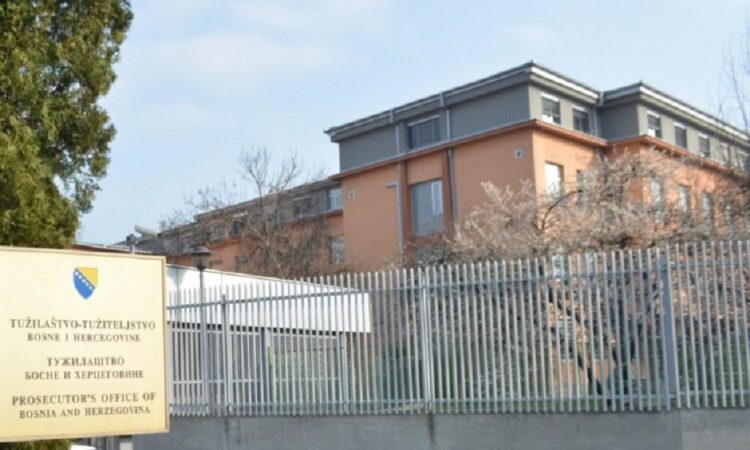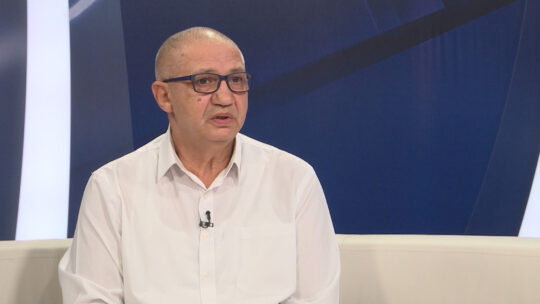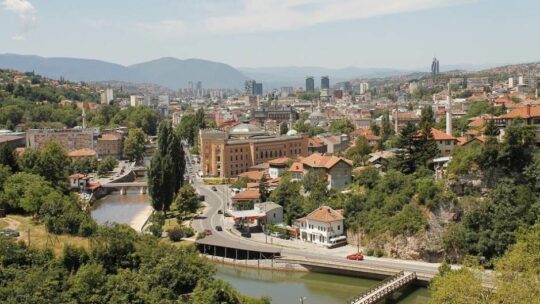
Bosnian Prosecutor's Office has issued an indictment concerning the wartime May 1992 events from then Dobrovoljacka Street in Sarajevo, spokesperson Boris Grubesic told Srna news agency on Tuesday.
He said that more details will be presented tomorrow.
According to available information, 11 persons are subject of the indictment.
The Prosecutor's Office ordered in 2018 relaunch of investigation concerning Bosnian wartime officials and military commanders Ejup Ganic, Zaim Backovic, Hasan Efendic, Jusuf Pusina and Emir Svrakic in the Dobrovoljacka case.
The investigation resumed due to suspicion of a committed war crime, and the decision repealed an earlier order to suspend the investigation from January 17, 2012 in relation to five persons.
Bosniaks and Serbs have conflicting narratives about the clash on May 3, 1992, when Bosnian forces attacked a JNA convoy which was leaving the city per a withdrawal agreement but took Bosnia’s president with them as a hostage.
The JNA captured the first President of the Republic of Bosnia and Herzegovina, Alija Izetbegovic, at the Sarajevo International Airport the previous day as he was returning from negotiations in Lisbon and it was agreed the President would be freed in return for uninterrupted withdrawal of the JNA soldiers from the barracks in Sarajevo.
Allegedly, Bosnian forces stopped the convoy in Dobrovoljacka street, in downtown Sarajevo, to free their president and despite the order to cease fire, issued by General of what was then called the Army of the Republic of Bosnia and Herzegovina Jovan Divjak, the clash occurred which led to death of former JNA soldiers.
Bosnian Serb representatives claim that 42 innocent young men, members of the former JNA, were killed while 70 were injured and 200 detained.
Bosnian prosecutors say seven were killed and 14 detained.
It has also never been established who shot first during the attack and the battle remains a symbol of defence for one side and a symbol of suffering for the other.




